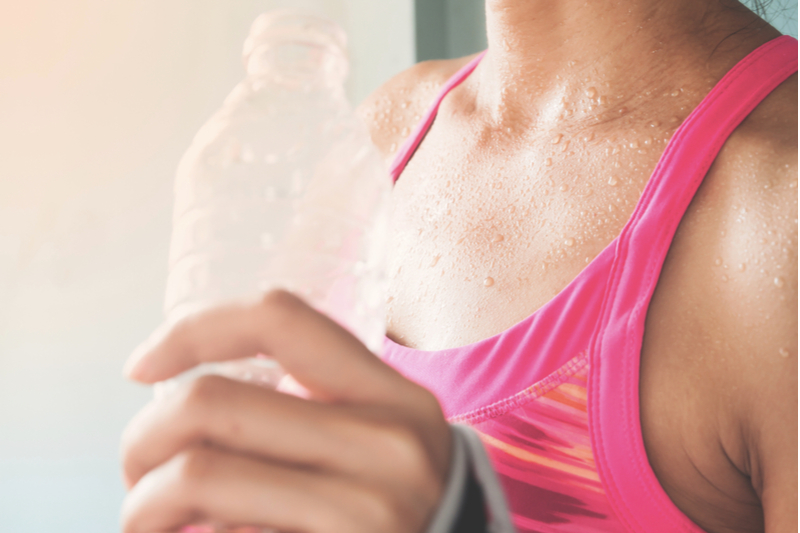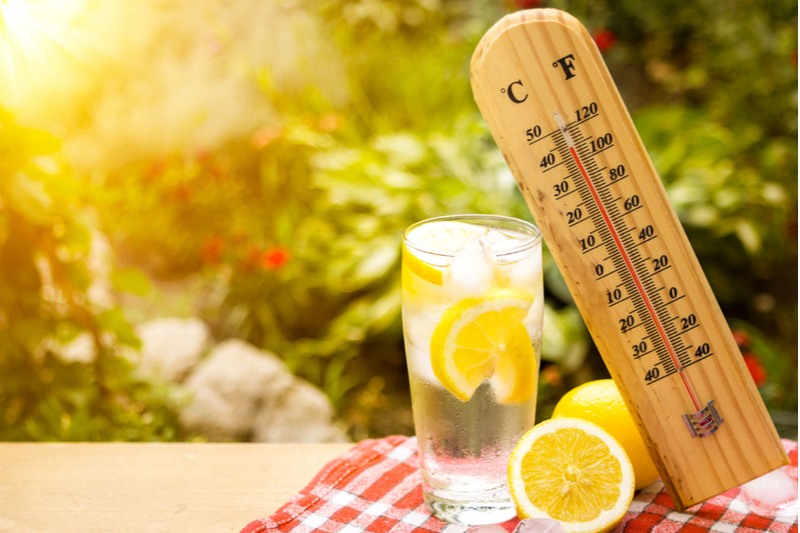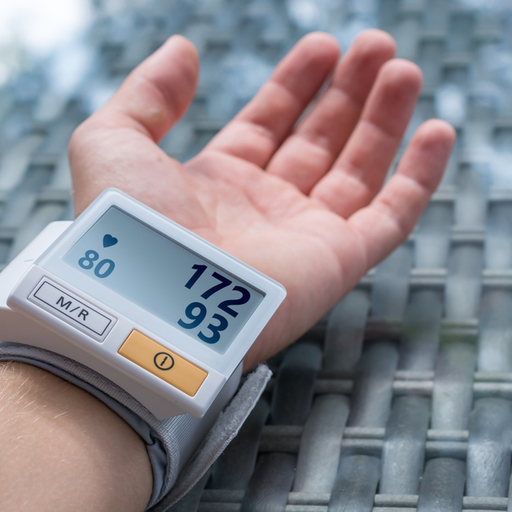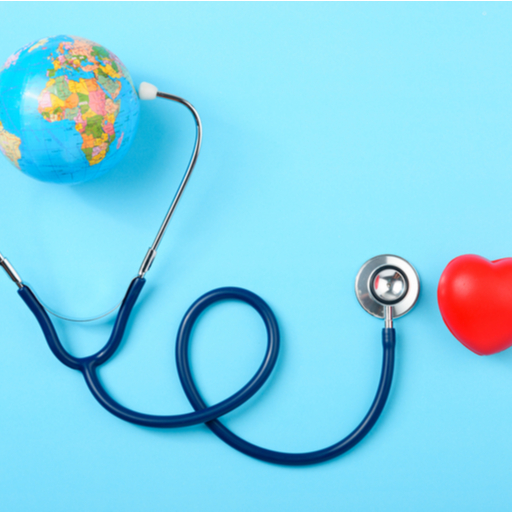As we step into the summer season, the weather fluctuation, the heat and heatwaves may play a role in triggering certain health conditions. Soaring high temperatures and high humidity can be one of the main factors behind high blood pressure and hypertension.
What you need to know:
What is blood pressure?
Blood pressure is the force of your blood pushing against the walls of your arteries. The pulse of the blood flow and the pressure it exerts are highest during a heartbeat when the heart pumps out blood. The pressure is the lowest when your heart is at rest between two heartbeats. The normal blood pressure is considered to be 120/80, indicating a systolic of 120 and diastolic of 80. Children, senior citizens, and people with chronic health conditions are at a larger disadvantage and are more prone to heatwave and heat strokes.
How do heat and humidity affect your blood pressure?

Humidity is a measurement of the amount of moisture in the air. High temperature and humidity may cause the blood to flow to the skin. This causes the heart to beat faster as it is circulating twice as much blood per minute as it normally does. As your body radiates heat during summers, your blood pressure level tends to increase. Be aware of the warning signs that indicate your body is not keeping up with the heat, resulting in your blood pressure dropping and causing you to go into shock. Some symptoms include dizziness, rapid pulse, excessive perspiration or inability to sweat, nausea, fatigue, lethargy, headache, and muscle spasms.

When you sweat excessively, you lose out on sodium, potassium and other minerals needed for muscle contractions, nerve transmissions, and water balance. High humidity makes it difficult to cool down. When you sweat, the amount of fluid in your body lowers, causing dehydration. Staying dehydrated for too long may lead to life-threatening conditions such as heart and kidney problems. The evaporation of sweat also strains the cardiovascular system. When your body is running low on fluids, you will not have enough fluid needed to circulate vital nutrients and oxygen throughout the body. The combination of summer heat and moisture not only leads to fluctuations in blood pressure levels but also causes hypertension.

To avoid the dangers of summer heat, drink plenty of water and stay hydrated. Along with fluids, you can also rely on foods with high water content, such as watermelon, cucumber, berries, and green leafy vegetables. Avoid caffeine, sugary or alcoholic drinks as they act as diuretics on the body, causing dehydration. Quit smoking and consuming alcohol to relax your vessels. Work your way around the heat, especially between 12 p.m. and 3 p.m. Schedule your activities (work or work out) accordingly so that you are not exposed to high temperatures or humidity.
If the symptoms of a heatwave and blood pressure persist, then show a doctor immediately. You can measure your blood pressure on our online Blood Pressure Calculator. Find out more on fitness and nutrition-related topics on the Activ Living page.





 1800-270-7000
1800-270-7000










